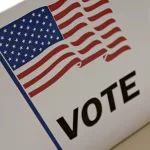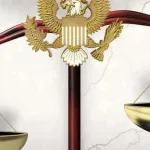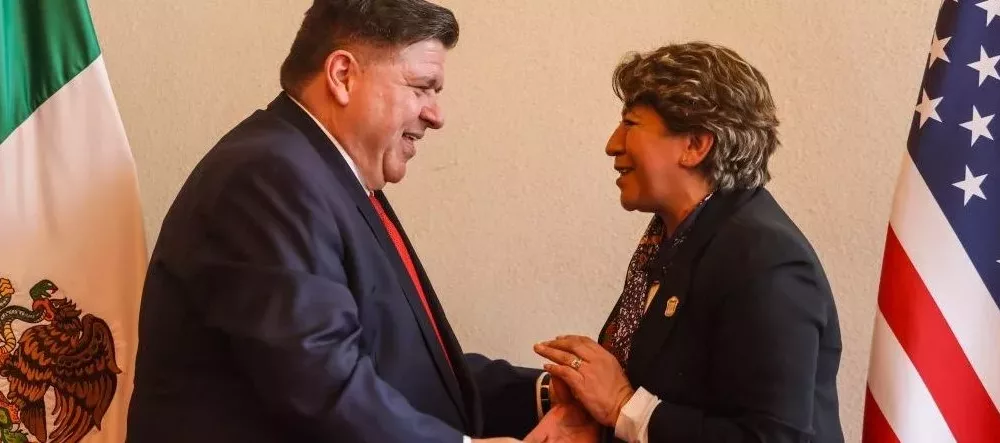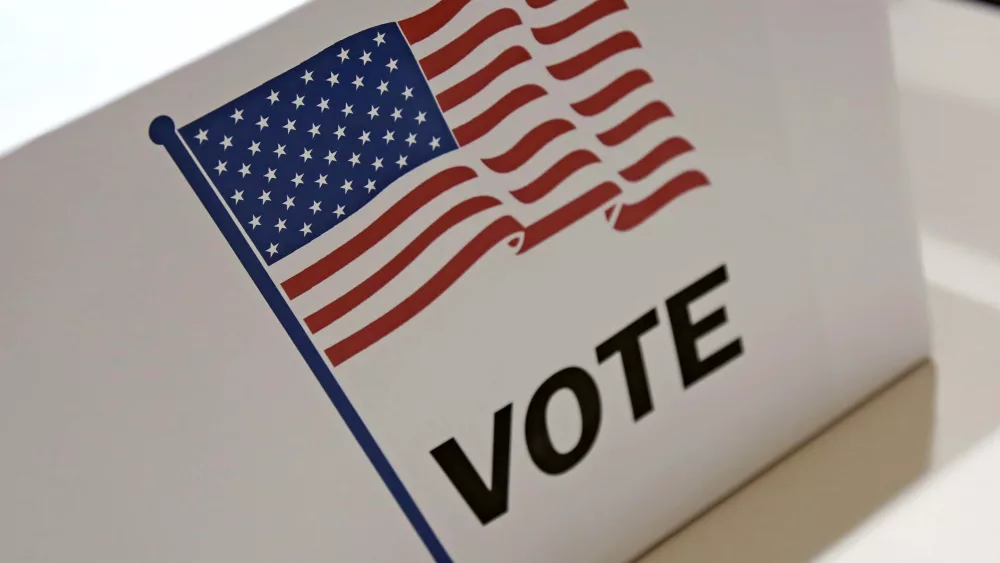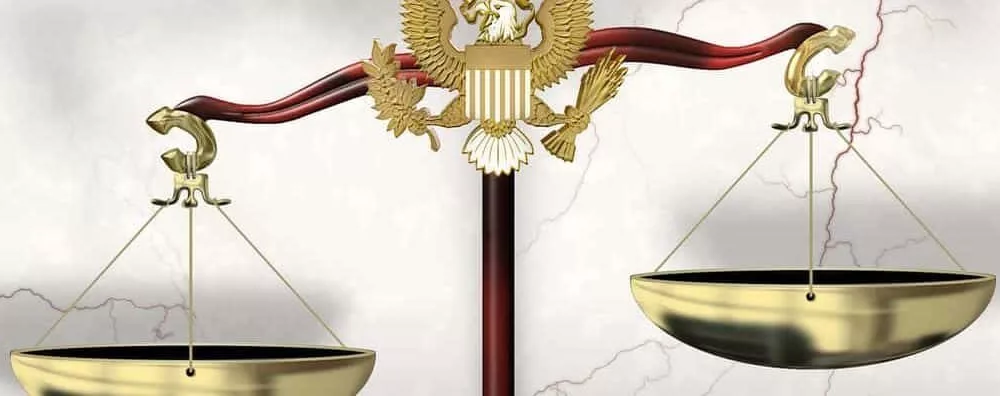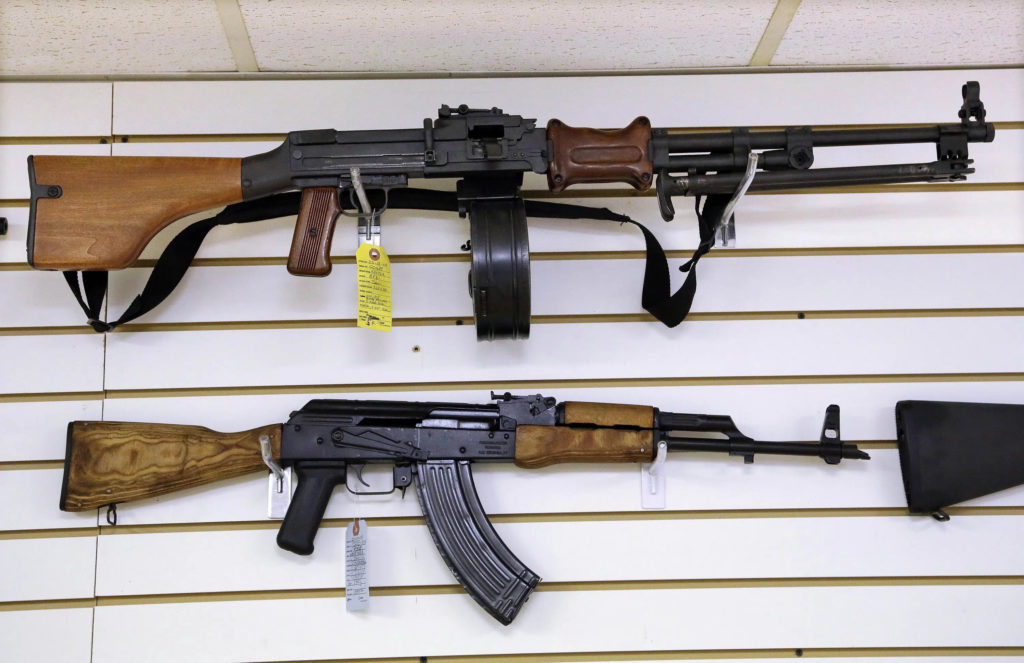
SPRINGFIELD, Ill. (AP) — Legal challenges to Illinois’ semiautomatic weapons ban began Wednesday with a federal complaint that the 8-day-old law prohibits “commonly possessed” and constitutionally protected guns. A state court pleading was also filed Wednesday, questioning the law’s exemptions based on a person’s employment.
A central Illinois judge is considering a gun shop’s request for a temporary restraining order on the law, which Gov. J.B. Pritzker signed Jan. 10 in response to the mass shooting that killed seven and injured 30 at the Highland Park July Fourth parade. The lawsuit was filed by lead plaintiff Accuracy Firearms of Effingham, about 100 miles northeast of St. Louis. The law bans dozens of specific types of rapid-fire handguns and rifles, .50-caliber guns, attachments and limits cartridges to 10 rounds for long guns and 15 rounds for pistols.
Effingham County Circuit Judge Joshua Morrison said he would rule on the restraining order by week’s end.
Attorney Thomas DeVore, last fall’s unsuccessful Republican candidate for Illinois attorney general, said the law is unconstitutional because it exempts people in certain positions, such as prison guards or other law enforcement officers.
“It violates the equal protection clause because it carves out a whole section of people,” DeVore said. “They are free to do what they will based on their employment.”
The request for a restraining order also faults the Legislature for violating a state Supreme Court ruling that legislation must be confined to a single subject and for violating due process because the bill didn’t go through the required three public readings. However, the underlying bill, with language the gun legislation replaced, was read three times, a routine legislative maneuver.
Attorney General Kwame Raoul’s lawyers argued the restraining order should be denied in part because the merits of the coming lawsuit will fail in court. The record will show the legislation was read publicly three times, that it covers a single subject — guns — and that the plaintiffs show no evidence that the exemptions for possessing the restricted weapons are doled out unfairly.
“The act’s exceptions for professionals with specialized firearms training and experience, such as law enforcement and members of the military, easily survive rational basis scrutiny,” the state’s response says.
Pritzker spokesperson Jordan Abudayyeh said the Democrat is confident of its constitutionality.
“Despite political grandstanding from those more beholden to the gun lobby than to the safety of their constituents, this law is in effect and protecting Illinoisans from the constant fear of being gunned down in a place of worship, at a parade, or on a street corner,” Abudayyeh said.
Dane Harrel, a southern Illinois gun store owner, is the lead plaintiff in the federal test of the ban. Backed by the Illinois State Rifle Association and two other nonprofit gun rights groups, Harrel contends that the new law unconstitutionally bans commonly used weapons, not dangerous or unusual guns, which is the only justification for government regulation, according to the landmark 2008 Supreme Court case known as Heller.
“The rifles that Illinois bans as ‘assault weapons’ are, in all respects, ordinary semiautomatic rifles,” the lawsuit states. “But even if they are considered as a separate group of ‘assault weapons,’ they cannot be banned because they are not dangerous and unusual.”
Those who obtained the prohibited firearms before the law took effect must register them with the Illinois State Police by Jan. 1, 2024. Merchants who stocked them prior to the ban may sell them to those who live outside of Illinois or return them to the manufactures.
Illinois sheriffs have caused a stir over the law. More than 90 out of 102 county sheriffs have publicly stated that they won’t aggressively enforce the law. Pritzker and Raoul responded fervently, suggesting that if sheriffs don’t take action against illegal weapons, other law enforcement agencies will.
The sheriffs ardently believe the law violates the Constitution’s 2nd Amendment, but reaction to the pronouncements is overblown, according to the Illinois Sheriffs Association. The association explained that the statements mean that the sheriffs won’t search for the weapons or jail anyone charged only with non-registration until a judge orders it. With the registration deadline roughly a year away, it means little now.
By JOHN O’CONNOR for the Associated Press
All contents © copyright 2023 The Associated Press. All rights reserved.


